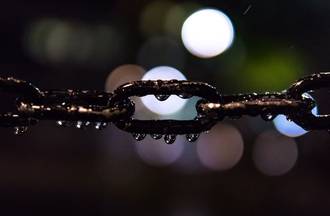Organised Crime and Gender
Organised crime continues to be presented as a male-dominated world, yet women are involved in myriad forms of criminality which this project seeks to better understand.
Organised crime is a pervasive socioeconomic-criminal phenomenon that cuts across societies, markets, generations and countries. Despite its prevalence, it continues to be presented as a male-dominated world, with women painted primarily as victims or – where women are involved – as perpetrating activities at the direction of a male in a position of power over them. Yet women are involved in myriad forms of criminality, although there is a significant absence of investigation into women as perpetrators. Furthermore, traditional criminal justice binary constructs of a person as either an offender or a victim are being increasingly challenged by county lines and modern slavery, where it is possible to occupy both roles.
This project brought together experts from academia, law enforcement and civil society for a series of five webinars exploring the diverse roles of women and girls in organised crime.
Project team
Cathy Haenlein
Director of Organised Crime and Policing Studies
Organised Crime and Policing
Genevieve Kotarska
RUSI Associate Fellow, OCP | SHOC Network Member - Researcher
Professsor Felia Allum
RUSI Senior Associate Fellow, OCP | SHOC Network Member - Researcher
Anne-Marie Weeden
Senior Research Fellow, Environmental Crime Lead | SHOC Network Member
Organised Crime and Policing
Stan Gilmour, Director, Thames Valley Violence Reduction Unit
Aims and objectives
The project aims to move beyond narratives that paint women primarily as victims of organised crime, exploring the specific ways in which women and girls enter, engage with and survive in the world of criminality. It will also investigate gender more widely, including how understandings of masculinity and femininity shape the organised crime landscape and patterns of vulnerability, exploitation and perpetration.
Sponsors
Department of Politics, Languages and International Studies at the University of Bath
Thames Valley Violence Reduction Unit
Webinar series
Each webinar will analyse a specific aspect of gender and organised crime by engaging a panel of experts to explore the gender dynamics of criminality, with a particular focus on women and girls.











